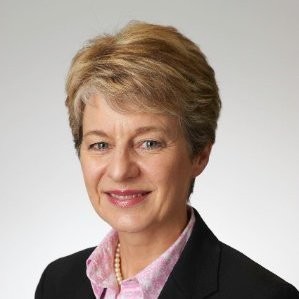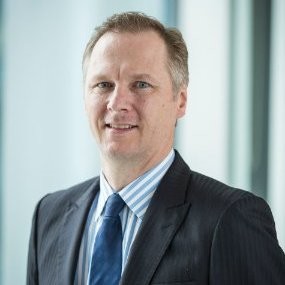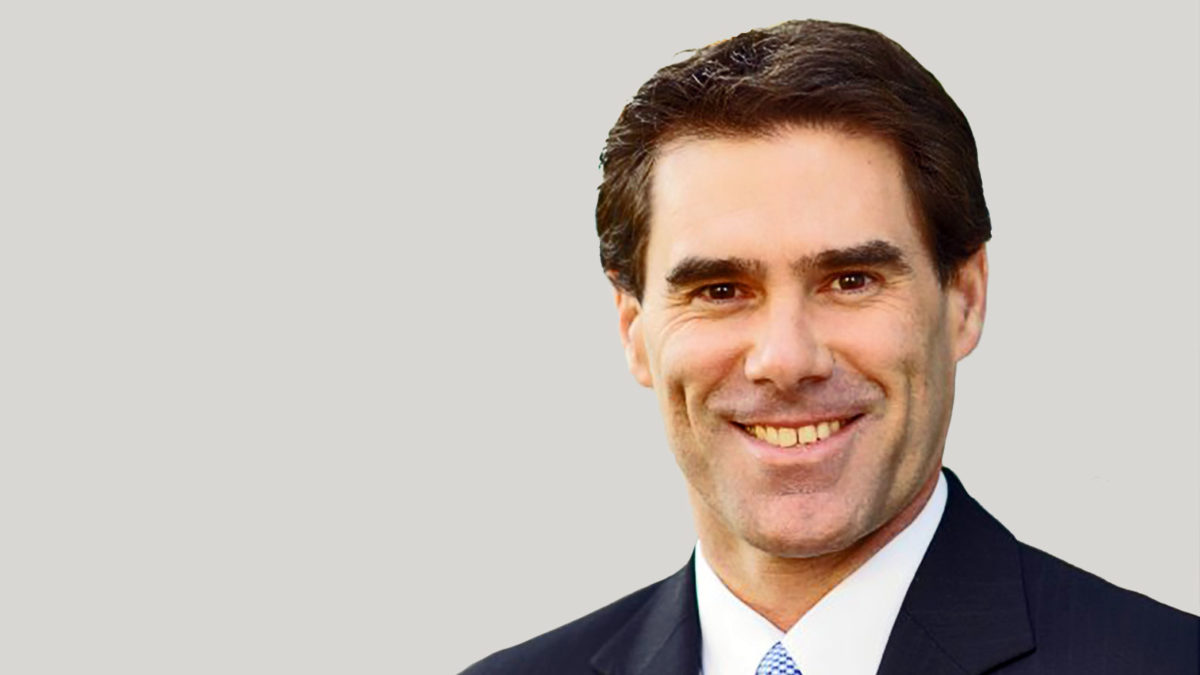Intra-fund advice focus and other covid responses to stick
Big super funds are looking at permanent changes to their communications strategies, advice model, administration and general member experience as a result of covid-19.
Intra-fund advice is high on the agenda. QSuper, a pioneer among super funds providing full financial planning services to members, refined its advice model early last year to focus on intra-fund advice, which Jason Murray, the fund’s head of member experience, says is most sought by members. This will continue to be the case, he says.
Julie Lander, the chief executive of CareSuper, says the fund needed to be flexible with its financial planning last year, which was moved online early in the pandemic. While physical advice will be resumed in coming months, there are things that can be taken forward.

“We found that a lot more people want intra-fund advice,” she says. “We closely monitored our contact centre.” Suzanne Banton, the CIO, had an in-person meeting with staff to help them understand what was happening in the investment world.
Care tends to have a lower-than-average uptake on members switching among investment options, but during the crisis, communications became more important.
At QSuper, Murray says the fund did not stop innovating last year and implementing longer-term plans. For instance, In March this year, the fund launched its Lifetime Pension, which was foreshadowed last November, making QSuper the first super fund to take advantage of legislation which adds certainty to members’ retirement planning.
“This coming July, we are expanding our ‘Self Invest’ option which will offer lower fees for QSuper members as well as the largest range of ETFs available through any industry superannuation fund in Australia,” Murray says.

He points out that the developments occurred not just during covid’s forced de-centralisation of workforces and adjustments to the various legislative changes but also given ongoing consideration of the proposed merger with Sunsuper. They were also against the backdrop of strong investment performance maintaining the philosophy of offering members a “smooth ride”.
This article is the second in a two-part series of interviews with the big funds which are finalists in the upcoming Chant West Awards’ Super Fund of the Year Award, to be announced at a black-tie dinner at Sydney’s Ivy Ballroom on May 26. The first part of the series focussed on fund investments.
For Hostplus, an expected above-average spike in redemptions due the Early Release Scheme (ERS) and the fund’s unique membership base came to fruition. The fund paid out $3.1 billion to members under the ERS, which represents nearly 10 per cent of the estimated $36.4 billion paid by all funds. There were about 400,000 claims to Hostplus under ERS, from 300,000 individuals, indicating about 100,000 of the members put in claims in each of the two $10,000 maximum tranches.
Paul Watson, the fund’s group executive for member experience, says the fund was able to pivot its operational model very quickly, with an inhouse contact centre of 110 staff, ensuring that at least 97 per cent of claimants received their payments within five working days.
He says: “We communicated regularly with members throughout the ERS scheme and ensured that our website was always updated with the critical information that members needed about the application and payment process.”

On measures which will remain post-covid, Watson says: “We introduced a series of online educational webinars which have proved very popular with our members and employers. And we established a series of virtual town halls with our CEO, for key stakeholders.”
As well as getting on top of the communications and administrative challenges posed by the impact of covid, Watson says he is particularly proud that the fund was able to negotiate a new three-year rate guarantee that secured no change to Hostplus’s current Death and TPD premiums.
“And despite the increasing costs and complexity of super fund administration, products and services, we were able to maintain our low, fixed, annual administration fee at $1.50 a week – for an unprecedented 17th consecutive year. We also continue to do so with no ‘hybrid’ asset-based supplementary fee in addition to our simple and fixed dollar-based fee.”
HESTA’s Lisa Samuels, the fund’s chief experience officer, similarly looked to an initiative outside the remit of communications and the handling of covid for her choice of a proud achievement last year.
She says: “In 2020 we released an ambitious Climate Change Transition Plan and were the first major Australian super fund to commit to reducing the absolute carbon emissions across our entire investment portfolio to ‘net zero’ by 2050, with a 33 per cent reduction by 2030. This exciting piece of work will protect and enhance the long-term performance of our members’ investments, while driving meaningful change and contributing to a healthier planet and society.
To effect change the fund needs to think about the systemic risk that could impact members’ investments, she says. “So, we’ve taken a stand when we’ve seen issues like the destruction of priceless Aboriginal Heritage at Juukan Gorge by Rio, sexual harassment and discrimination, and in pushing for action on climate change.”
More than 80 per cent of HESTA’s 880,000-plus members are women, so the fund has continued to advocate strongly for legislative and systematic changes that will close gender pay and super gaps, she says.
It was difficult to know what the uptake of the ERS was going to be, when announced in March last year. Early predictions proved to underestimate the withdrawals. HESTA’s Samuelson says the fund had three weeks to build a system to distribute hundreds of millions of dollars safely to members.
“In total we’ve paid out almost 230,000 claims from members for their super worth more than $1.82 billion; 98.4 per cent were paid within five business days. We understood that for our members who were experiencing financial hardship, it was very important that they were able to access their super quickly.”
The fund launched live interactive webinars on topics including market volatility, early release of super changes and reduced income stream drawdown rates.
Aware Super launched its new brand last year, reflecting the merger with Vic Super and WA Super, as well as having to deal with covid. As the pandemic developed, Aware set up a covid hub with daily updates for members, sent out dedicated emails with key information and changed seminar events to webinars to widen access to all members.
Peter Chun, Aware’s group executive, member growth, says there were more than 250,000 visits to the covid hub from March to September. On what initiatives are likely to stick going forward, he says: “Our app, webinars, other online educational materials and phone and online financial advice services all proved invaluable for members as the pandemic developed. They’ll continue to be central to our offering, ensuring members have access to our services at the times and in the ways that suit them best.”
At UniSuper, which has long been proud of the efficiency of its member administration system, perhaps handled the ERS withdrawals best of the big funds. The fund was able to action 95 per cent of claims the same day.
Kevin O’Sullivan, who announced in February that he would retire later this year after eight years in the role, says as part of the fund’s covid response advisers are now delivering seminars via webcasts, which have been well received and well attended.
“We see that webcasts will play a critical role in reaching a large number of members going forward,” he says, “and as an avenue to cover topics where members may prefer to remain anonymous.”
But he expects face-to-face meetings to continue to be the most popular meeting method. Video is likely to remain an option to offer members. UniSuper has a base of relatively sophisticated members with above-average account balances. However, the universities which provide its membership core was hit hard by covid.
O’Sullivan said that about 17,000 people in the sector have lost their jobs and the contraction is likely to continue for two or three years. “We have to provide comfort for those people following the university sector restructuring,” he told the CMSF conference last week (see separate reports this edition).
UniSuper announced recently that it would become a public offer fund from July 5. “As part of this initiative, a key focus area will be uplifting our digital offering to ensure a streamlined end-to-end experience for all members,” O’Sullivan says.
The 10 finalists for the Chant West Super Fund of the Year are: AustralianSuper, Aware Super, CareSuper, Cbus, Equip, HESTA, HostPlus, QSuper, Sunsuper and UniSuper.
For finalists in all categories, go to:
https://www.chantwest.com.au/fund-awards/finalists-2021
For Awards night details and registration, go to:
https://www.chantwestawards.com.au/
Note: Investor Strategy News is the media partner for the Chant West Awards.











